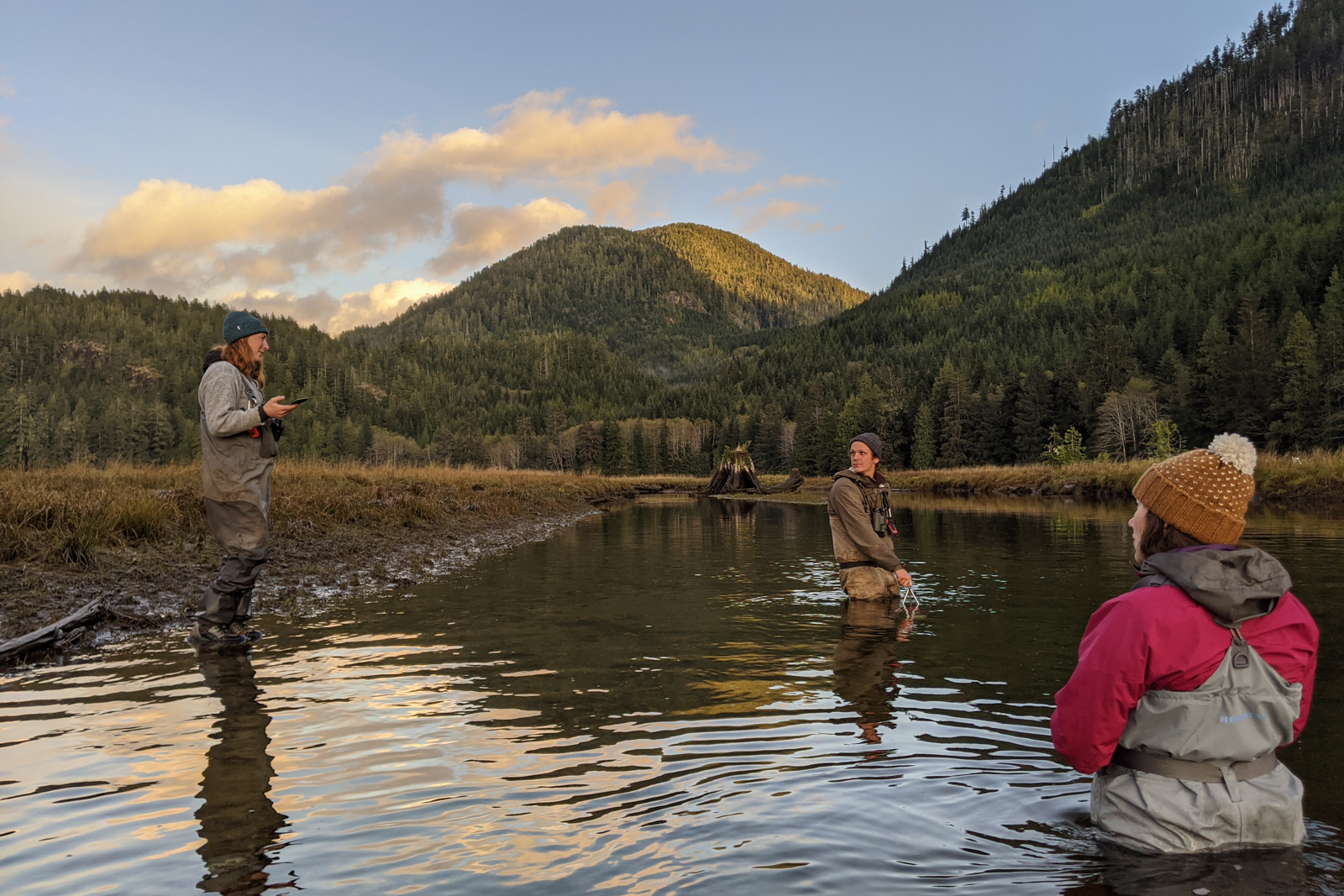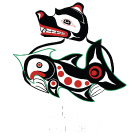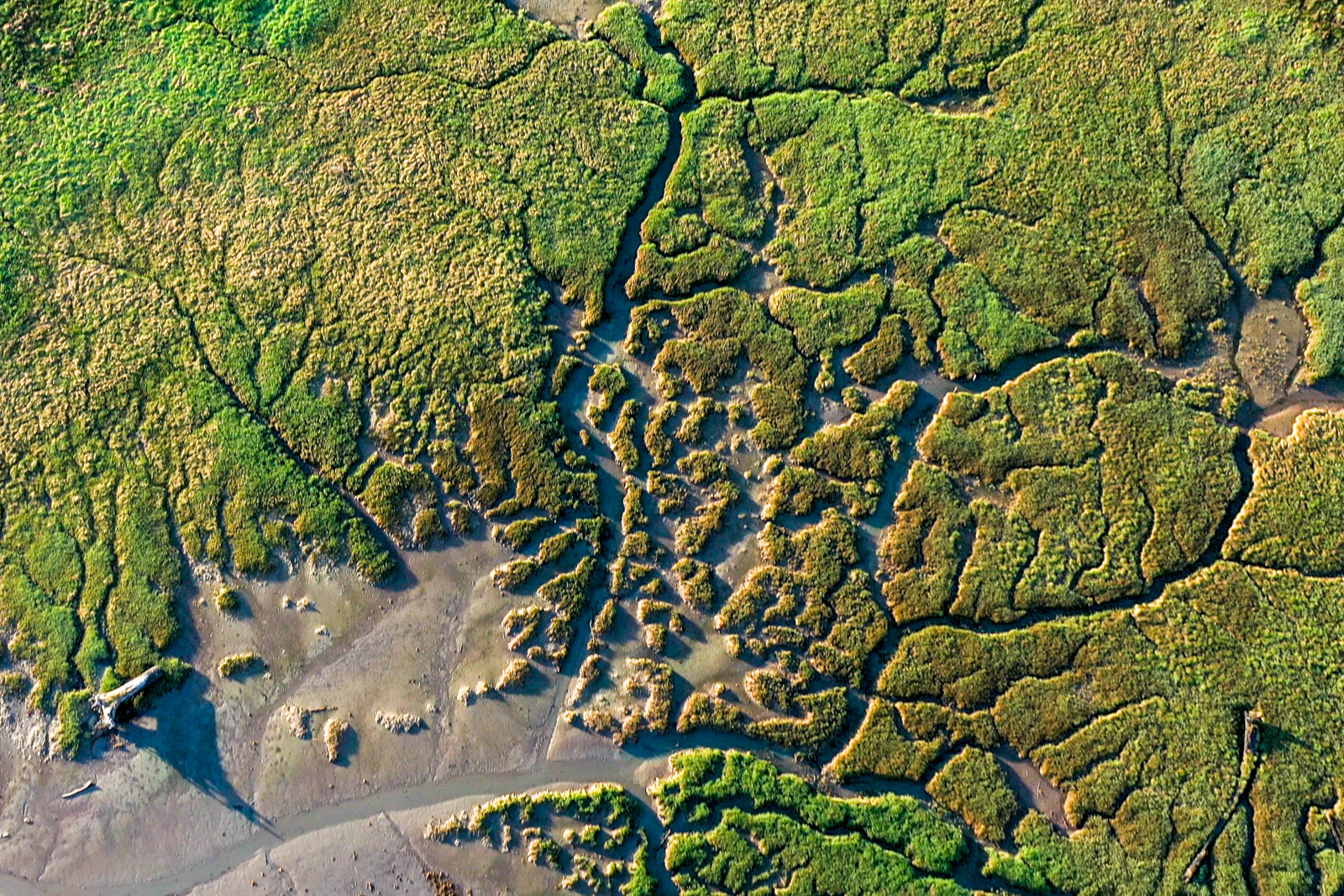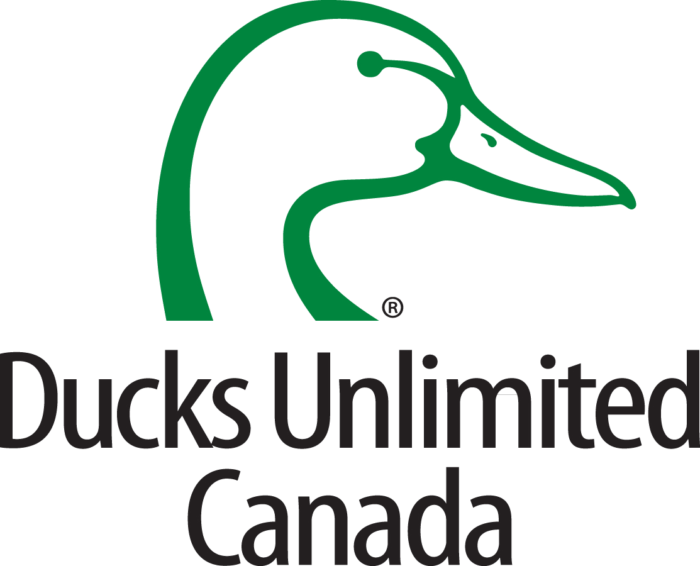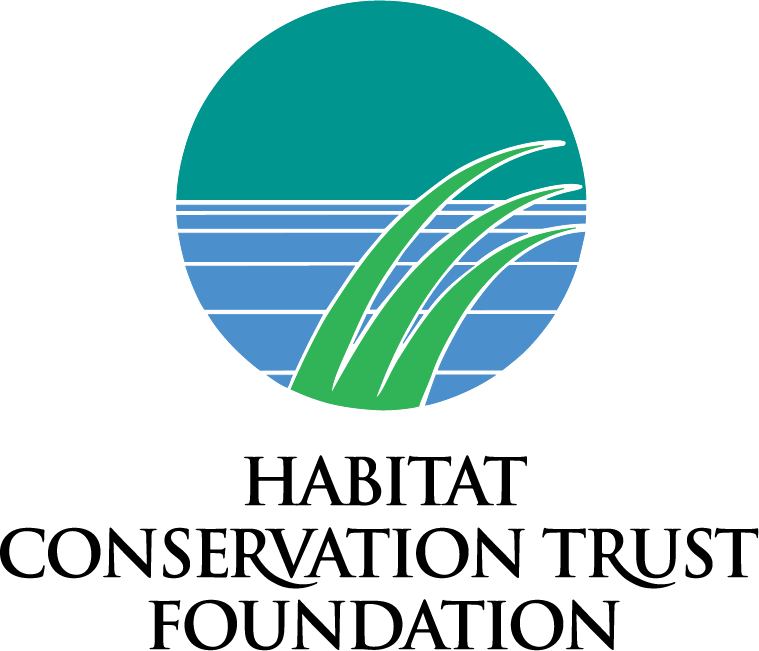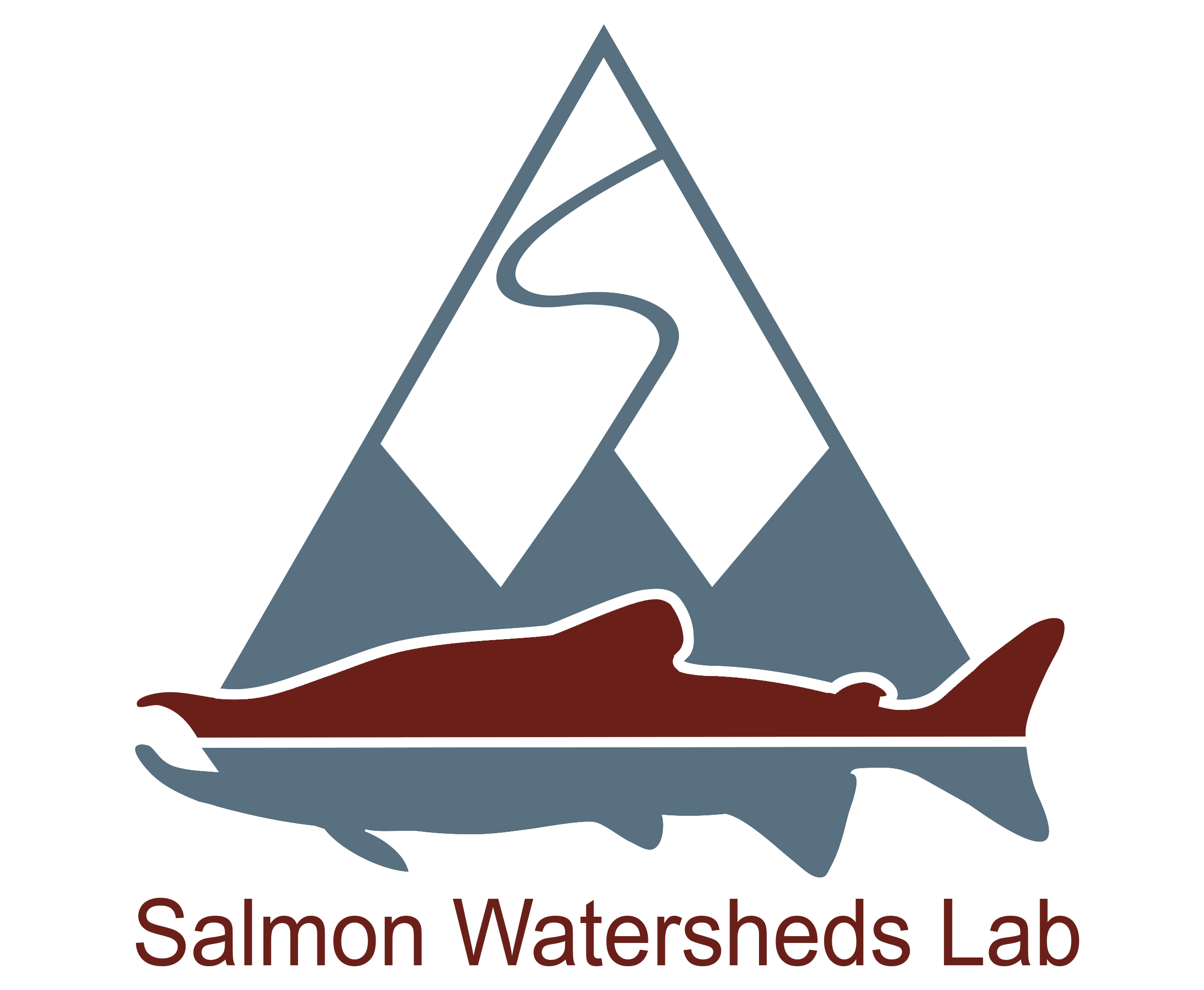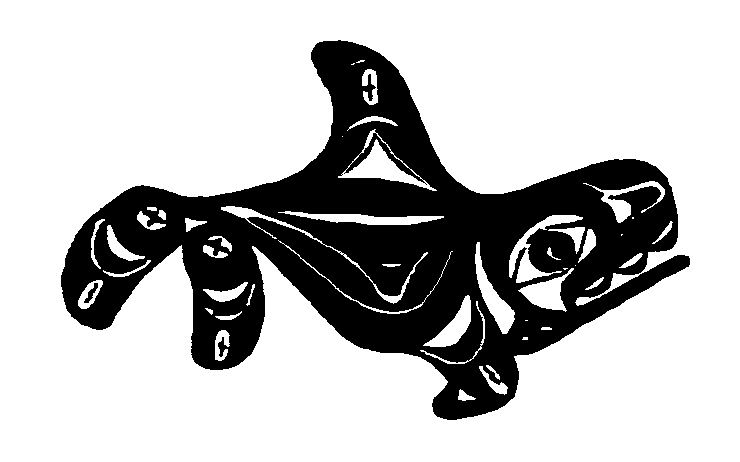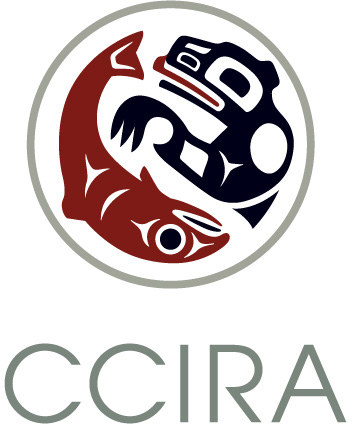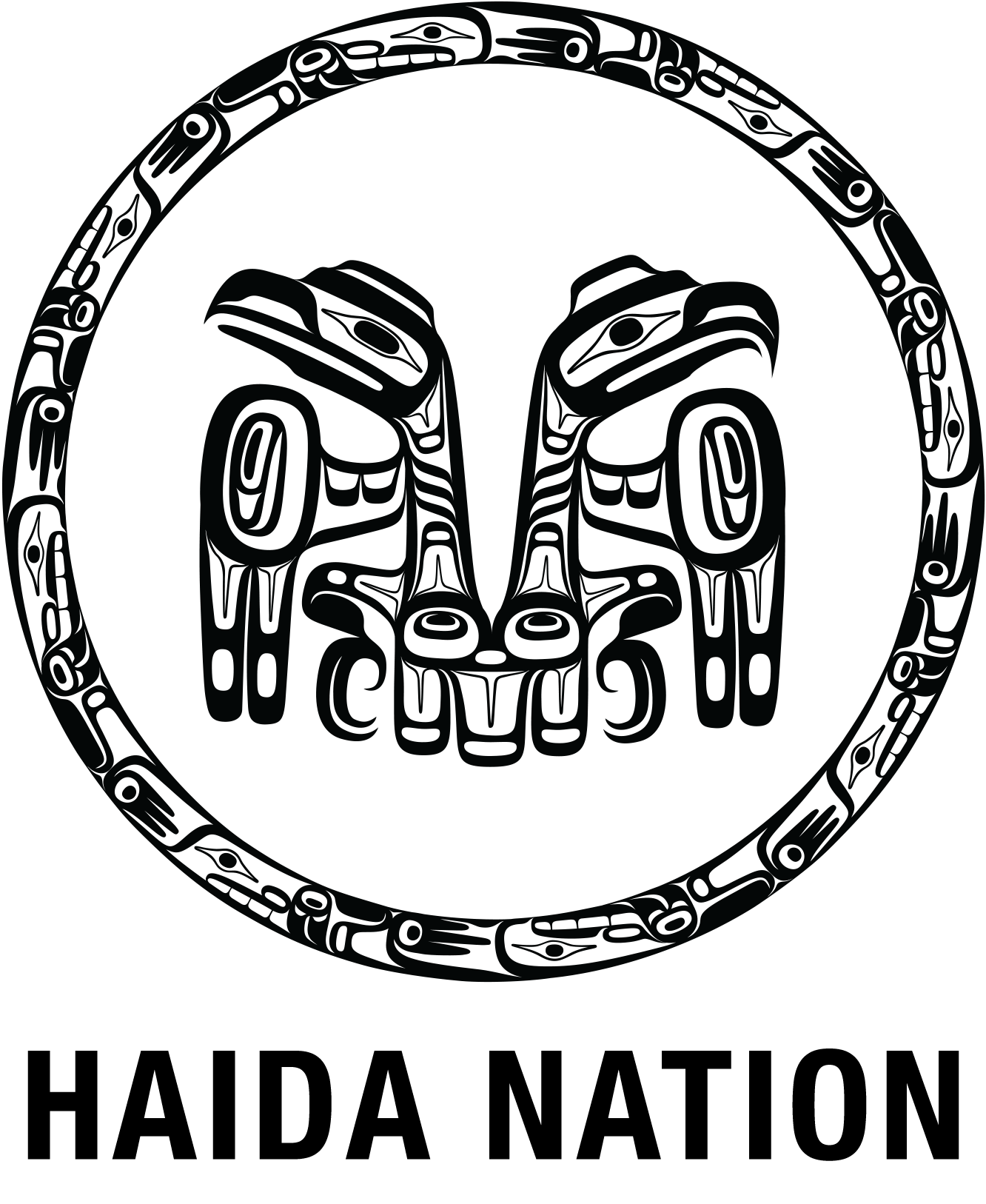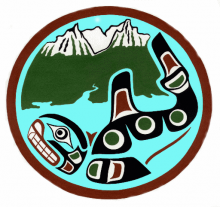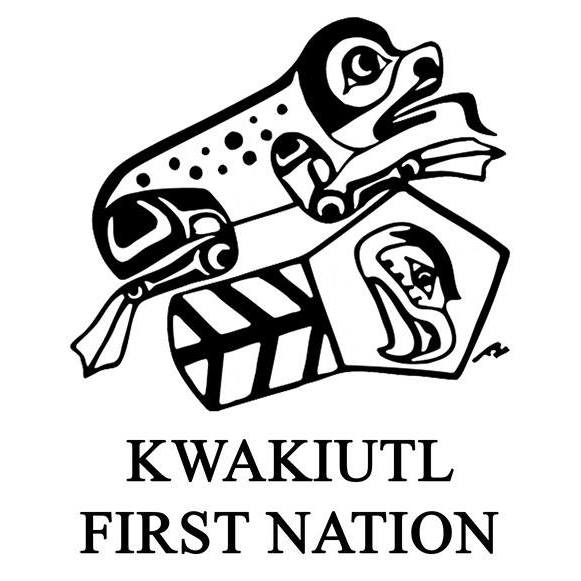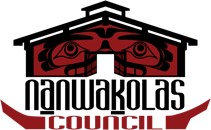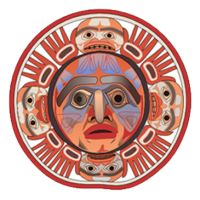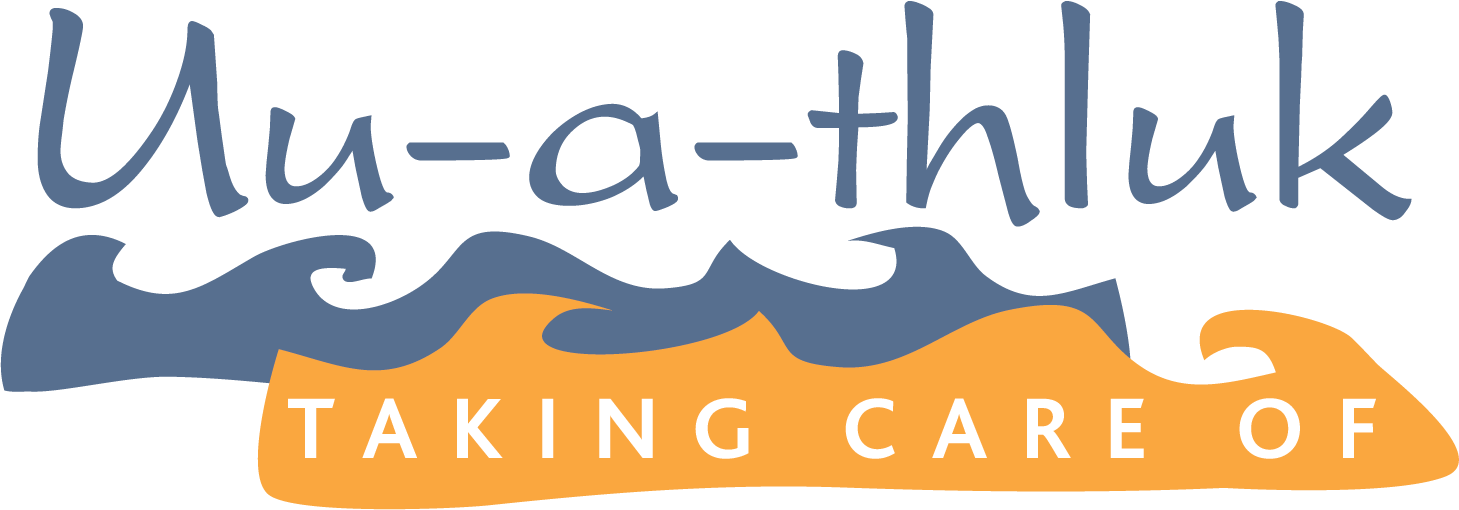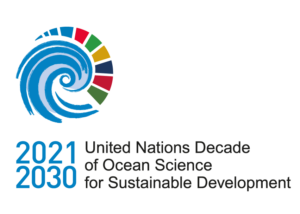Assessing Resilience, Enhancing Restoration, Building Partnerships
In the fall of 2019, The Nature Trust of British Columbia launched this five-year project to improve estuary habitat and enhance the long-term sustainability and health of wild B.C. Pacific salmon fish stocks.
Beginning with assessments in the first three years, the project will monitor and research resilience to sea-level rise and climate change using the Marsh Resiliency to Sea-Level rise (MARS) tool at 15 estuaries on Vancouver Island, the central coast and Haida Gwaii.
Over the following two years, The Nature Trust of BC will deliver transformational projects that restore core natural estuarine processes, using information gathered from the assessments.
A key element of the project is a focus on developing strong relationships with coastal First Nations communities, environmental organizations and academic institutions. Partners are involved in every step of the project and are integral to its success.
